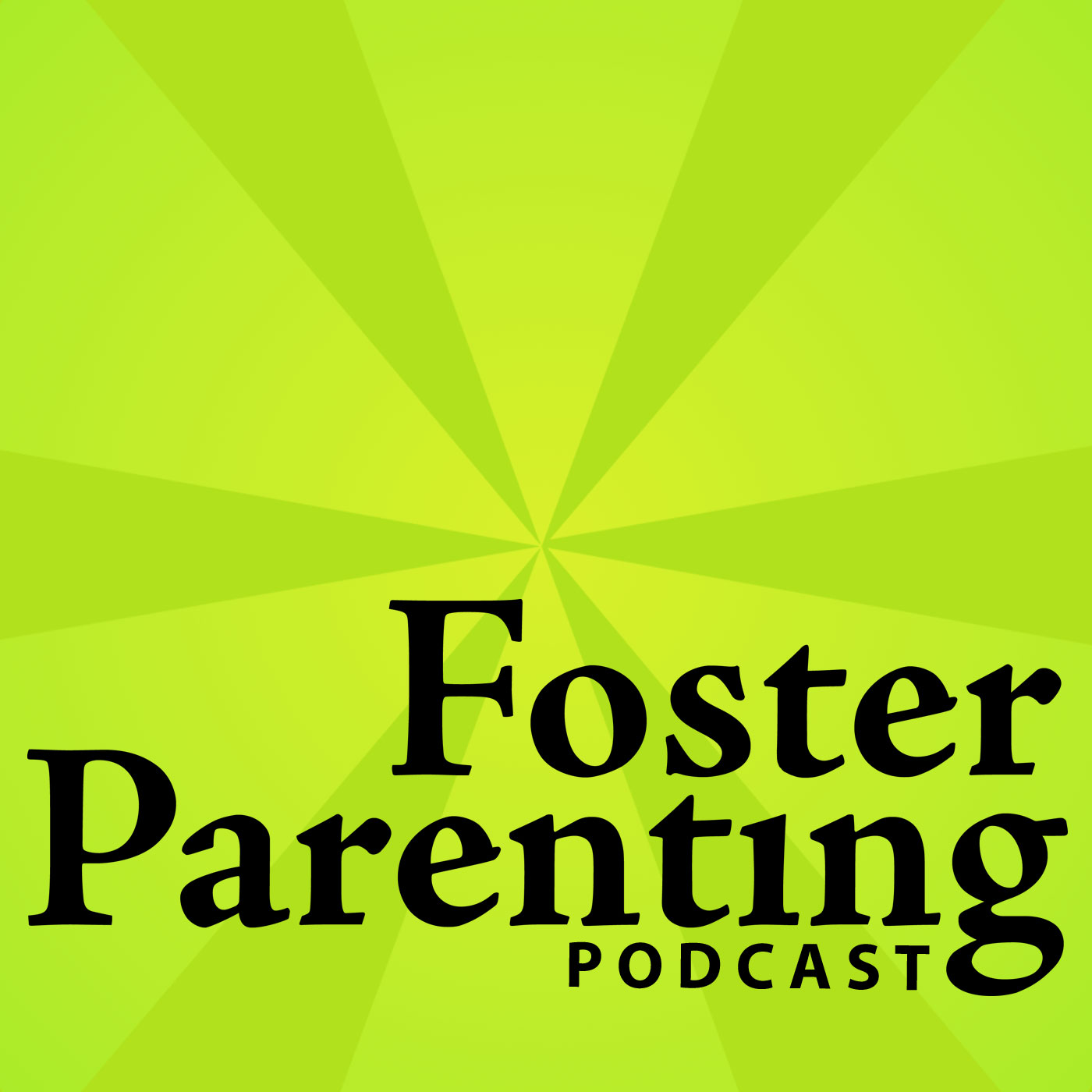Have you heard of special laws governing the adoption of children who are of Native American descent? In the US, children who are Native American fall under a specific law called the Indian Child Welfare Act (ICWA), which can govern their adoptive and foster placements.
T interviews Johnston Moore about ICWA. They discuss the origins and intentions of the federal law and its ongoing application. Originally created to ensure the rights of Native Americans, Moore says that the law is sometimes used to make decisions that may not be in the best interests of children.
Johnston Moore belongs to a network of activists working to amend the law. If you wish to contact him, he can be reached at http://www.home-4-ever.org

12 responses to “Episode 115 – Indian Child Welfare Act”
Really great episode today that resonated with me tremendously. I have adopted a Native American (and Dominican) child and it was quite a journey. Our local LICWAC committee did not support me as an adoptive placement. It is a long story, but suffice to say it was a struggle and heart-wrenching at times. In the end, I was able to adopt. In my son’s experience, the ICWA did not benefit him (years of abusive & neglectful foster placements), but it did benefit adult ego. In my opinion, the kid’s welfare should come first but I do not see that in the enforcement of ICWA. I would love to see the law updated and enforced with the best interests of the child at the forefront. Thanks for a really thought-provoking episode.
Is there a way I could get Johnston Moore’s email address?
Or any other contact information to get ahold of Johnston?
Yes, Johnston’s contact info can be found at his website
http://www.home-4-ever.org
Great interview! You handled it very well. I can see both sides of the issue, and just like everything else in Foster Parenting and adoption, the shades of grey are limitless. Thanks for posting.
Great avatar, too!
Very interesting. Here in northern Saskatchewan most of the children involved in the child welfare system are First Nations and many reservers operate their own Indian Child and Family Services and yet the laws are so different. Considering the background is so similar (the horrors of assimilation that occured in the 1960s) it is very interesting to see how Canada and the US responded differently in an attempt to not repeat these mistakes.
Johnston Moore expresses the deepest humanity in clarifying the complications that render attempts to help Indian children the source of traps that injure Indian and non-Indian children alike. Pray that more like him will speak up loudly!
Very thoughtful episode and excellent critique of the law. I do think the tribes’ motivations may well also be concerned with child welfare, albeit perhaps viewed in different ways (though of course abuses like those described can happen). I have native American friends who vividly they remember hiding from white people growing up on reservations, fearing they were social workers coming to take them away. That’s a shared trauma that (I’d imagine) profoundly shapes tribes’ approach to and view of child welfare.
sprout. so you were able to adopt a kid from american indian decent??? we have our heart on a sibling group and are sooo hoping to adopt them but they have some american indian decent. would you mind emailing us? [email protected] thanks
[…] Here is the Foster Parent Podcast post and episode (the interview doesn’t start until a few minutes in). […]
Did John Moore actually say it is irrelevant that a Native American child had “an ancestor 100 years ago who lived on the reservation” to validate him point? Really? The Act was put in place due to the Indian Boarding Schools, where whites kidnapped children off the reservation and allowed them suffer under abusive conditions. It is CLEAR that he should not be allowed to adopt children whose history he knows nothing about.
I think a lot of people of American Indian descent are unfamiliar/unclear with their heritage because of the injustices they have suffered. Erasing cultural memory is part of that injustice. So to say that just because children don’t have a connection to the tribe isn’t really a reason that they shouldn’t have a connection to their tribe.